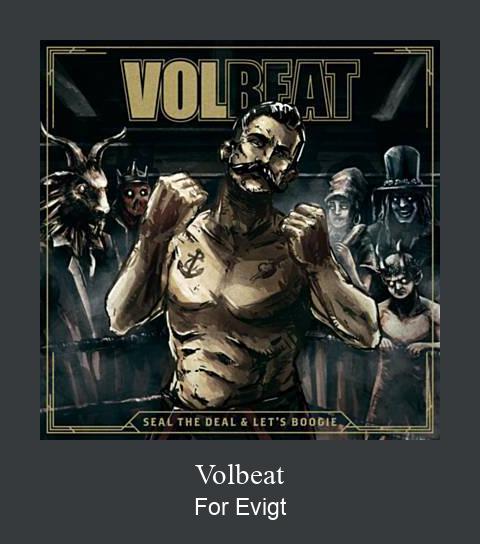
In a day and age where we rarely acknowledge death, the band have noticed Helvegen elicits intense, visceral reactions from people. The song features the lyric ‘you are released from the bonds that bound you’, and that sense of letting go applies to the singers as much as it does to the person who’s passed away.

It speaks to something that’s timeless.”įor Einar, singing is a form of healing. “It’s not only for the dead, it’s also for the singers in that process. That applies whether you’re spiritual or religious or not,” says Einar. “The song isn’t about geography or details, it’s about something much broader… universal. But details don’t matter when a song resonates this profoundly, cutting to the heart of mortality and grief. Einar also notes that the Vikings had a polytheistic belief system – with multiple gods involved, it’s difficult to pinpoint a single way of viewing what happened after death. Hel was seen as the underworld, and Helvegen translates as ‘The Path To Hel’. Movies might portray Valhalla as the dominant idea of the afterlife, but it wasn’t spoken about much during the Viking Age, as it was mainly a tradition of the aristocracy in the later period. It was an intense three days – it was the only thing I did.

“Some songs take years to write, some are done in an instant. “That phrase was with me for quite a while before the song came to me,” he explains. This last one had been playing on his mind, as heard in the first line of the song: ‘Who shall sing me?’

Wardruna mastermind and Norse scholar Einar Selvik had been ruminating on old oral traditions: songs sung to welcome babies to the world, songs sung during work and songs sung to guide somebody across to the other side after death. Opening with cawing crows, a steady drumbeat and low vocals, Helvegen puts you in a state of solemnity and awe.


 0 kommentar(er)
0 kommentar(er)
